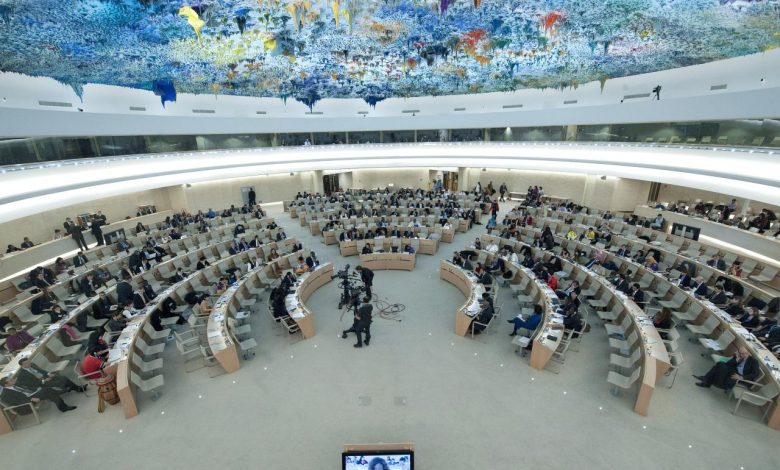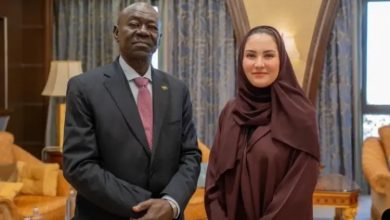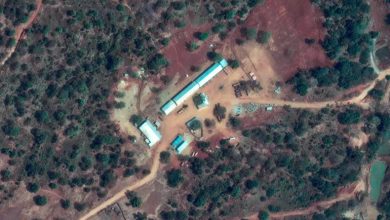
Sudan Events – Agencies
The United Nations has reiterated the need for a ceasefire in Sudan and called on all parties to adhere to their obligations under international human rights law and international humanitarian law.
The UN Security Council held a session on Wednesday to discuss the situation in Sudan, during which it received briefings from Martha Pobee, Assistant Secretary-General for Africa, and Joyce Msuya, Acting Under-Secretary-General for Humanitarian Affairs.
Martha Pobee stated that the UN Secretary-General has consistently urged the parties to de-escalate the situation in El Fasher and spare civilians from further suffering, warning of the severe consequences of this escalation.
She referenced Security Council Resolution 2736, adopted in June, which called on the RSF to lift the siege on El Fasher and immediately halt the fighting. “However, efforts to prevent further military escalation in El Fasher have failed, and hundreds of thousands of civilians remain trapped in the city, facing the risk of mass violence.”
Pobee added that the UN Secretary-General’s personal envoy to Sudan, Ramatan Lamamra, has been in direct contact with the warring parties, including through talks held in Geneva in July, supporting mediation efforts led by the U.S., Saudi Arabia, and Switzerland in August. Lamamra recently engaged with Sudanese authorities during a visit to Port Sudan in late August, accompanied by UN Deputy Secretary-General Amina Mohammed.
Martha Pobee noted that Lamamra will continue to coordinate international mediation efforts in Sudan to promote dialogue aimed at ending the war, with gradual progress on key issues such as halting hostilities, protecting civilians, and ensuring access to humanitarian aid.
Assistant Secretary-General for Africa Joyce Msuya emphasized the UN’s commitment to working with all relevant stakeholders to help end the conflict.
She urged Security Council members to use their collective influence to help protect civilians trapped in conflict zones, adding that the upcoming General Assembly meetings represent an additional opportunity for UN member states to intensify efforts to resolve this tragedy.
Msuya reported a significant escalation of fighting in and around El Fasher since the end of last week.
She noted that the situation in El Fasher mirrors the broader state of Sudan, with regions such as Khartoum, Sennar, and Gezira continuing to suffer from widespread violence. More than eight million people have been displaced from their homes, and over two million have fled across the borders.
Msuya expressed deep concern over the humanitarian access situation across the country, stating that many people have already lost their lives in this “senseless conflict” and warning that many more will die unless the Security Council and the international community take decisive action.


